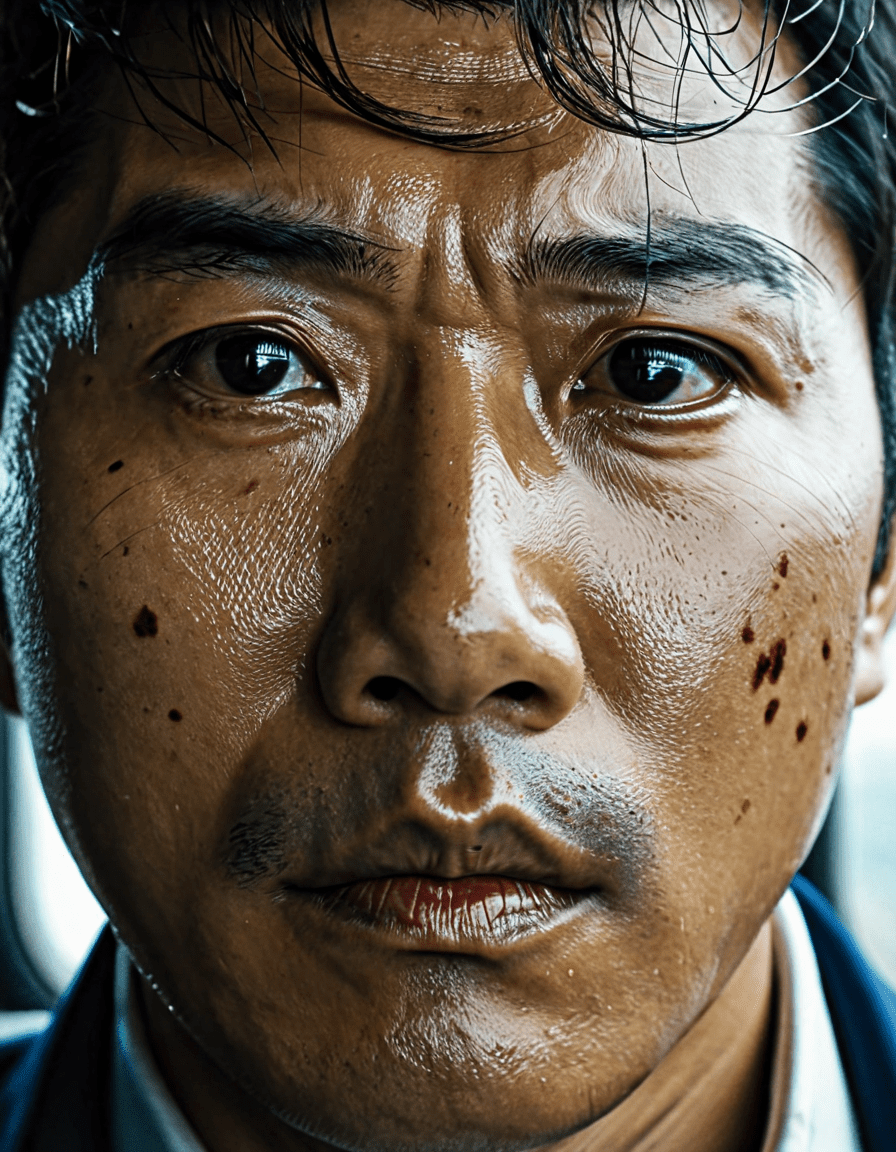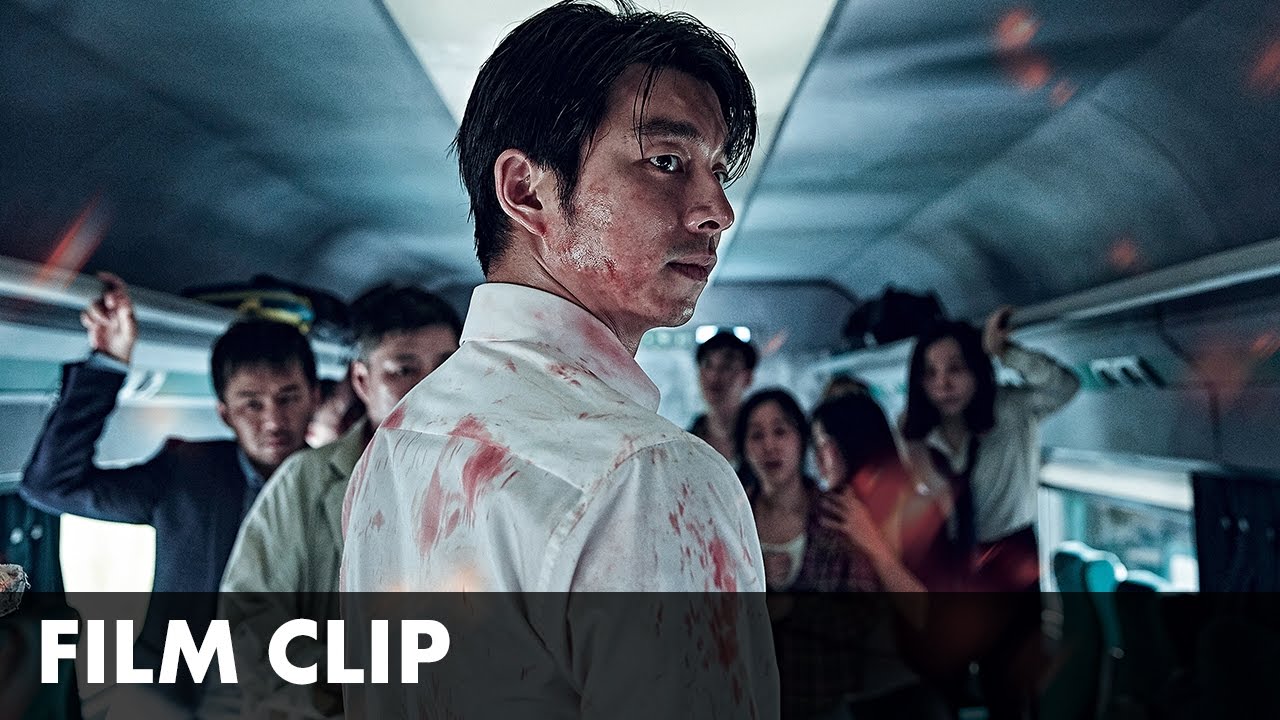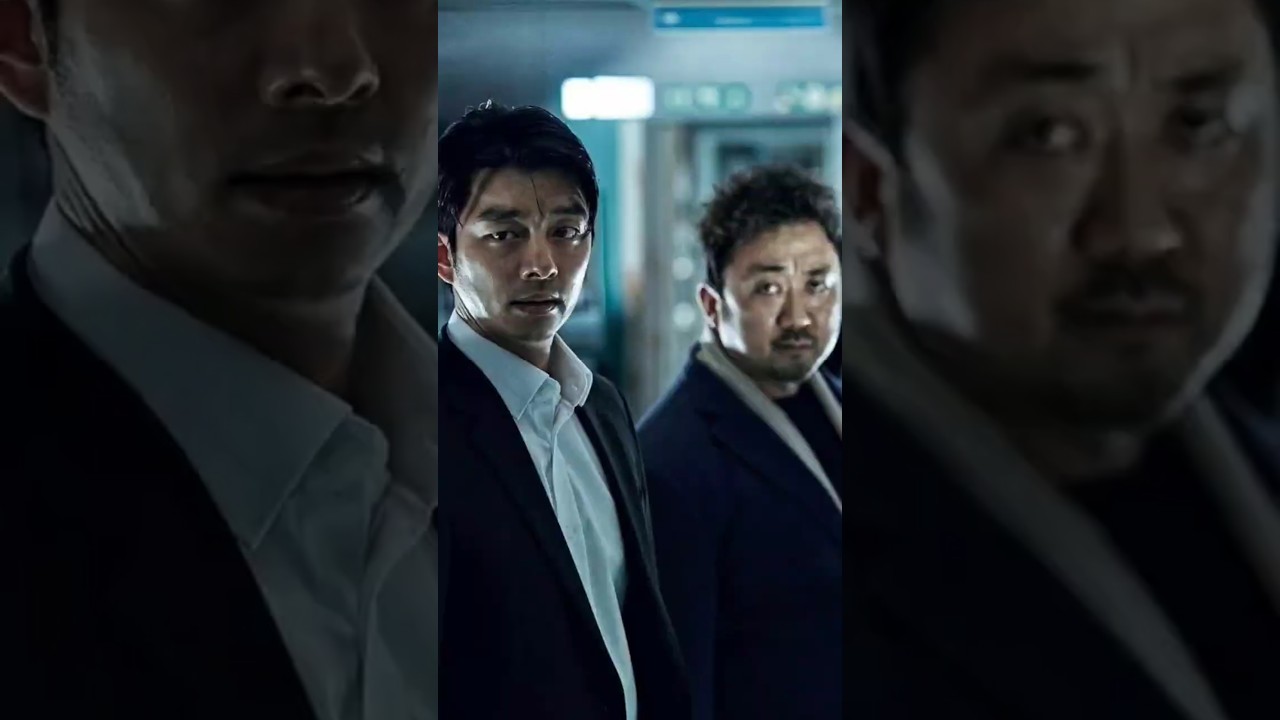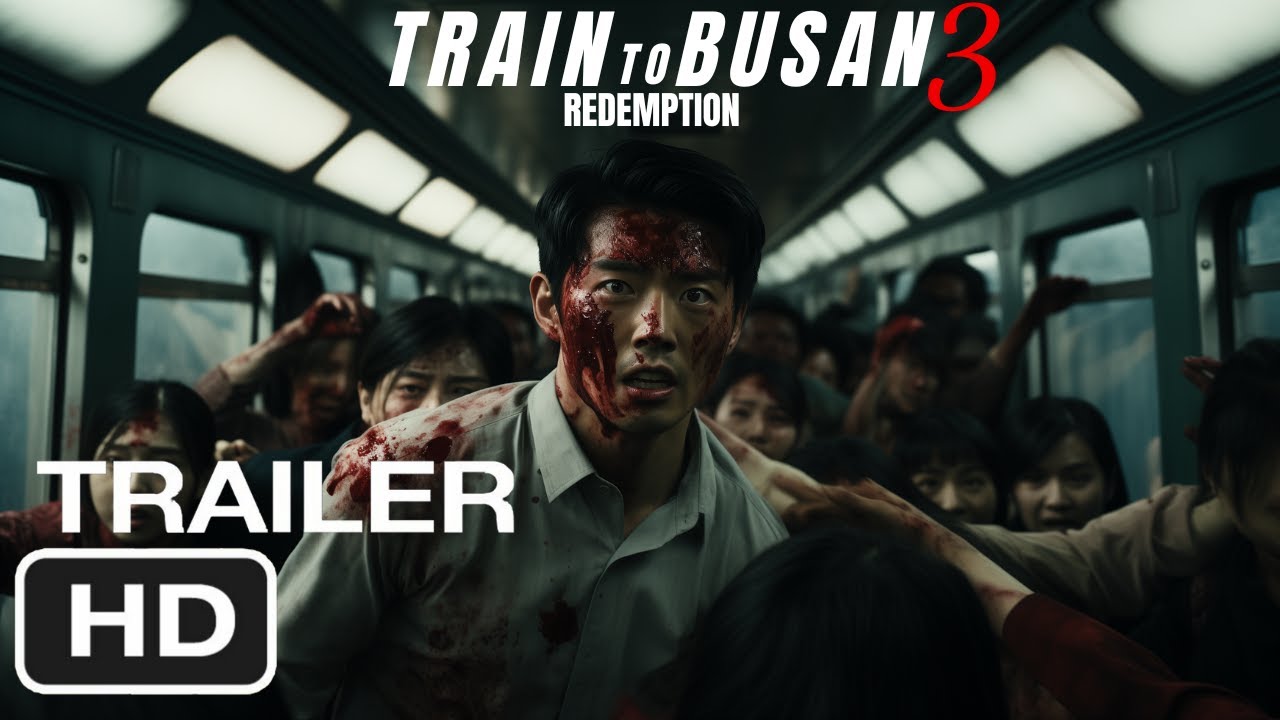When we talk about zombie films that have truly made waves, Train to Busan (2016) tops the list! This South Korean flick revolutionized the genre, fusing nail-biting action with deep emotional storytelling. Fast forward to today, this movie’s impact is undeniable, resonating with audiences and filmmakers alike across the globe. Let’s take a closer look at the thrill-packed journey this film offers us—and why it still stands out in the horror landscape.
5 Reasons Why Train to Busan Remains a Horror Benchmark
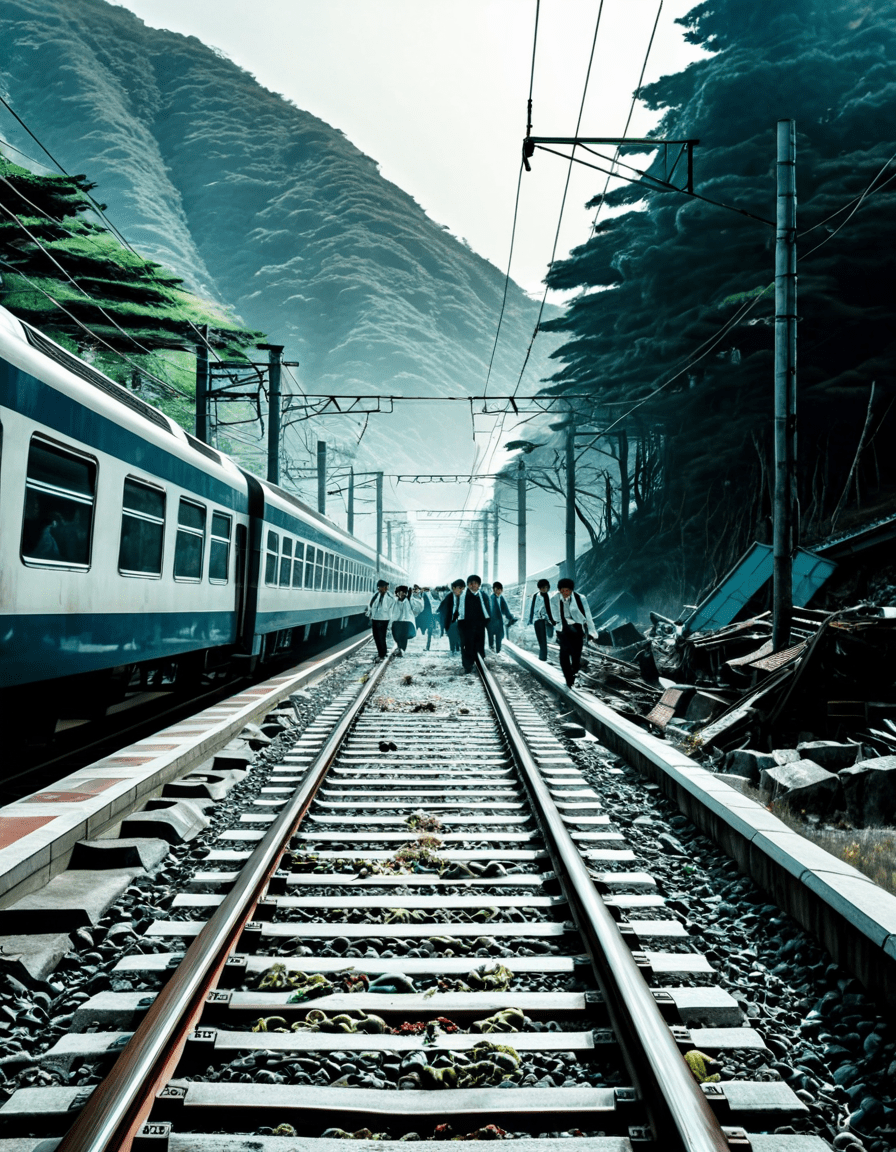
1. Innovative Setting: The Train as a Metaphor
Holy smokes, the train setting is far from just a backdrop! In Train to Busan, the confined space amplifies the urgency and intensity of the story. Rather than sprawling cities filled with chaos, this film brilliantly uses a train to symbolize confinement and societal disarray. This choice invites viewers into a tight-knit atmosphere, making character development shine amid the relentless terror.
2. Relatable and Multi-Dimensional Characters
You know what often drags down horror films? Underdeveloped characters. But Train to Busan flips the script! The film brings us a roster of fully fleshed-out characters—from Seok-woo, a work-obsessed father, to the fierce pregnant woman just seconds away from having her world torn apart. These are relatable folks trying to survive a disaster, and their struggles hit home, hooking viewers from the get-go.
3. Social Commentary on Class and Sacrifice
This film isn’t just a thrill ride; it’s also a thought-provoking piece! Nestled within the action is a rich social commentary about human nature in crises. Characters from varying social classes showcase often conflicting responses, revealing how societal structures influence life-or-death decisions. The ultimate question remains: what would you do to survive?
4. High-Octane Cinematography and Direction
Director Yeon Sang-ho brings pure genius to the screen. With clever camera techniques and captivating choreography, every zombie interaction feels personal and immediate. Add in close-up shots of terrified faces, and BAM—you’re right there on that train. This immersive experience set a new benchmark for action-horror cinematography, inspiring a slew of productions vying for that same electric feel.
5. Lasting Cultural Impact and Global Reach
Since its release, Train to Busan has enjoyed global fame, spawning sequels like Peninsula and animated prequels like Seoul Station. Its impact couldn’t be clearer, as fan festivals and themed events pop up everywhere. Plus, its cultural significance led to cool merchandise like collectible figures and even a Visa gift card collaboration—yes, that’s right! Who wouldn’t want a card featuring their favorite zombie flick?
The Aftermath of Train to Busan: How It Influenced Modern Zombie Media
The success of Train to Busan sent shockwaves through the industry, inspiring a new wave of zombie-themed content across various genres. Let’s dive into how far-reaching this pioneering film’s influence extends!
In a society still grappling with the echoes of a global pandemic, Train to Busan resonates profoundly. Its themes of survival and sacrifice feel more pertinent now than ever. This film not only entertains but also invites us to reflect on our values and fears when facing collective crises.
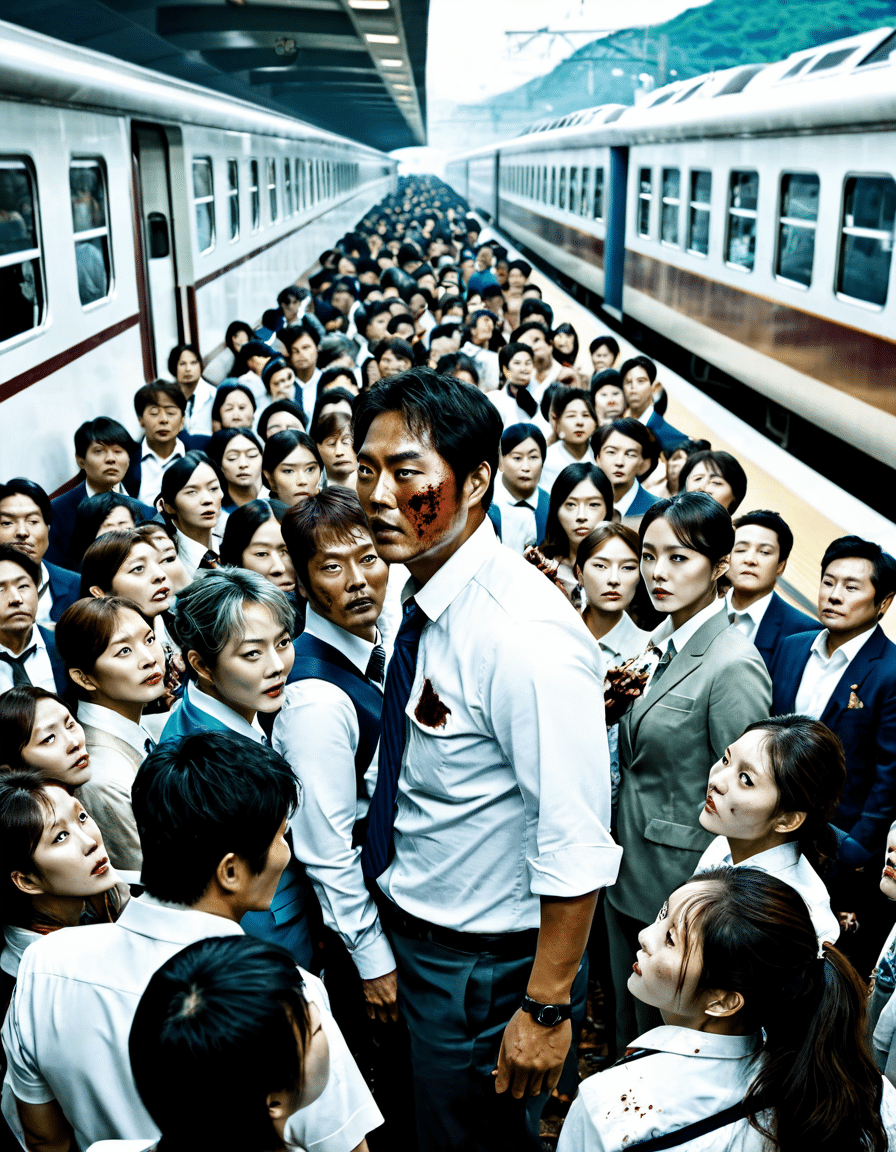
Why Train to Busan is More Relevant Than Ever
As we branch into 2026, this horror classic remains a significant touchstone in crafting compelling narratives. Its themes find a new audience amid today’s sociopolitical landscape, casting parallels between our lives and the fears presented in the film.
The legacy of Train to Busan extends beyond box office success. It engages audiences in discussions about the human experience, urging us to consider how we navigate our very own “trains” through life. This profound exploration of the human spirit, especially in tough times, ensures that Train to Busan remains not just a thrilling ride, but a timeless reflection on resilience and connection.
So the next time you think of a zombie film, remember the electrifying legacy of Train to Busan. It’s a ride you won’t want to miss! And if you’ve got a craving for more cinematic adrenaline, don’t forget to check out related content on cult classics and blockbuster hits, plus what’s streaming. How about you? Ready for another thrilling ride?
Train to Busan: The Thrilling Zombie Survival Journey
Underrated Details from the Film’s Production
“Train to Busan,” directed by Yeon Sang-ho, isn’t just another zombie flick; it’s packed with fascinating tidbits that might just make die-hard fans do a double-take. Did you know that the film was shot in just four weeks? Talk about efficiency! The speedy production schedule didn’t slap on any of the intensity, though. In fact, the crew’s tight timeframe could remind you of that split-second decision golfers face when considering their golf Gifts during a tense game. Likewise, the cast had to pull together quickly, bringing their A-game for an emotional experience that resonated beyond the horror of its themes.
Not to be outdone by its rapid production, “Train to Busan” cleverly plays with the drama of familial bonds against the backdrop of a relentless zombie apocalypse. The film has been praised for its social commentary—addressing issues like the hierarchy of society and the importance of sacrifice for loved ones. It’s a reminder that sometimes, in life and death situations, we can feel an Encumberance from our choices. Such depths of storytelling resonate with audiences, much like Malia Obamas journey in the public eye, where she’s often cast under the microscope, showcasing that the struggle for identity amidst societal expectations is universal.
Cultural Impact and Unique Trivia
Here’s a fun fact: the film’s success helped spark a revival in the zombie genre in South Korea, leading to a surge of related media. The influence of “Train to Busan” even extended to video games, inspiring titles reminiscent of the urgency and strategy seen in Saga Frontier. This wave of zombie content isn’t just mindless entertainment—it invites deeper discussions about resilience and human nature during crises. Think about it: choosing between an impact driver Vs drill in DIY projects is somewhat analogous to the split-second decisions characters make in life-or-death scenarios throughout the film.
Additionally, through its thrilling adventure, “Train to Busan” features a moving soundtrack that complements its gripping visuals. The film’s theme song is performed by none other than K-pop star Jung Yong-hwa. Much like a catchy Rick Astley tune, you’ll find yourself humming that hauntingly beautiful melody long after the credits roll. Music can often capture the spirit of a film, and this one certainly strikes a chord, leaving you with a lingering admiration for the intricacies of both storytelling and artistry.
In the end, if you haven’t yet watched “Train to Busan,” you’re missing out on an emotionally charged ride that delivers more than just scares. Come for the adrenaline, stay for the heart—just like how a coffee lover might be drawn to Dunkalatte. So grab your loved ones, hold them close, and prepare for a cinematic journey that masterfully balances tension and sentiment.
